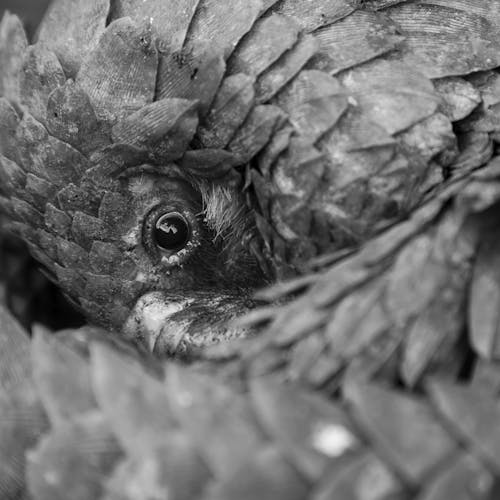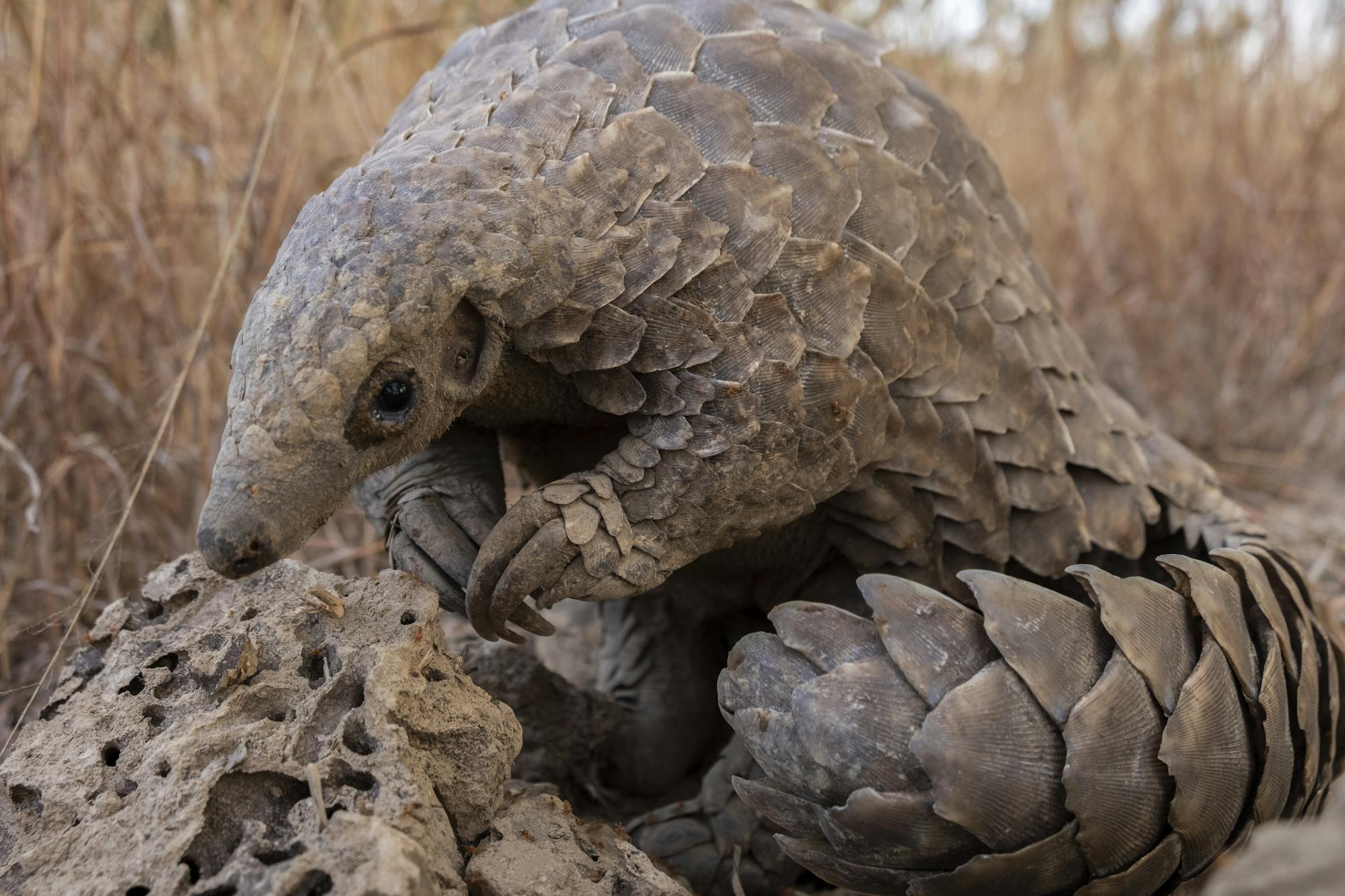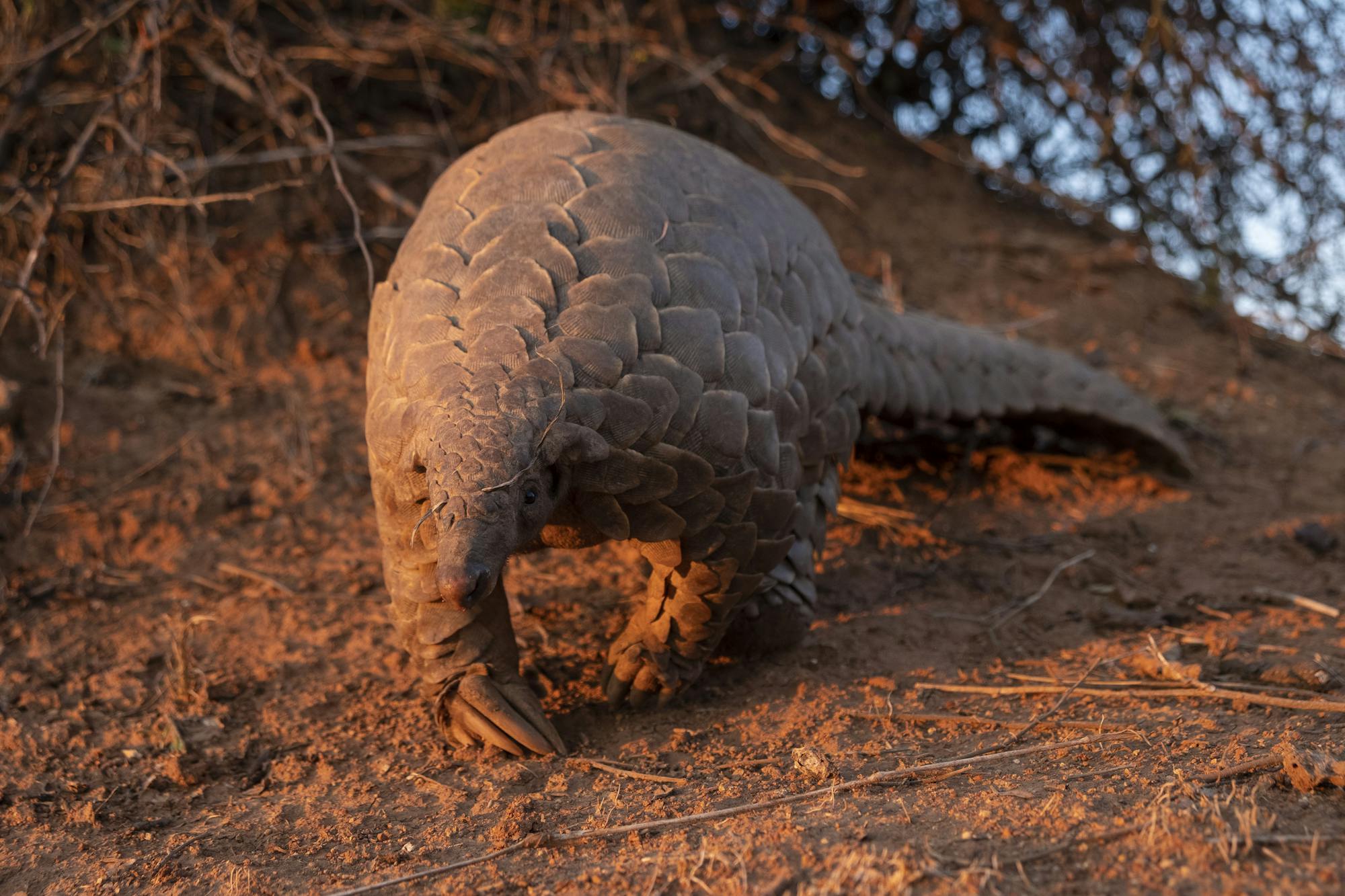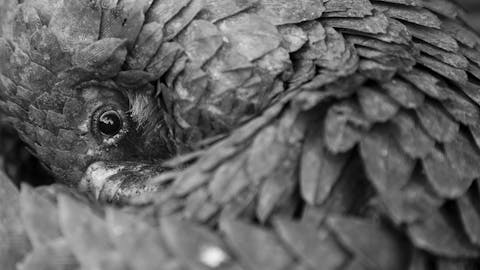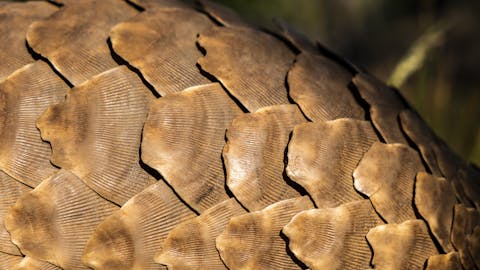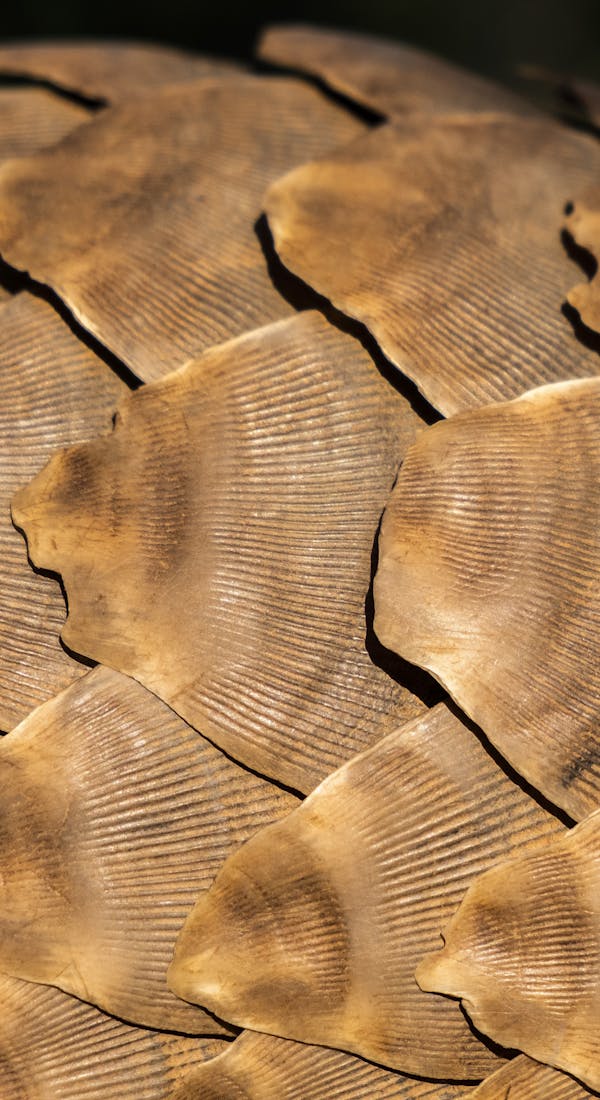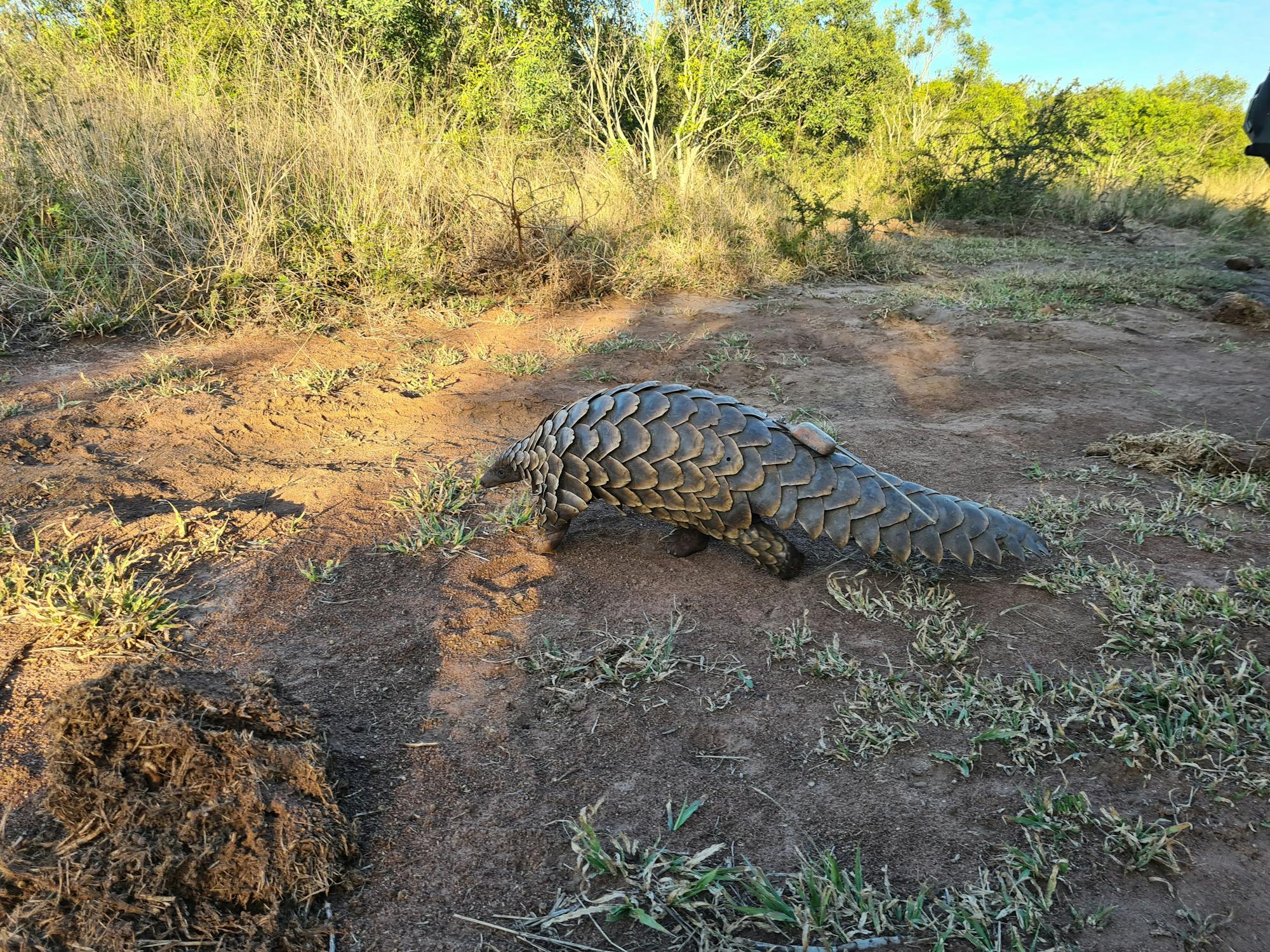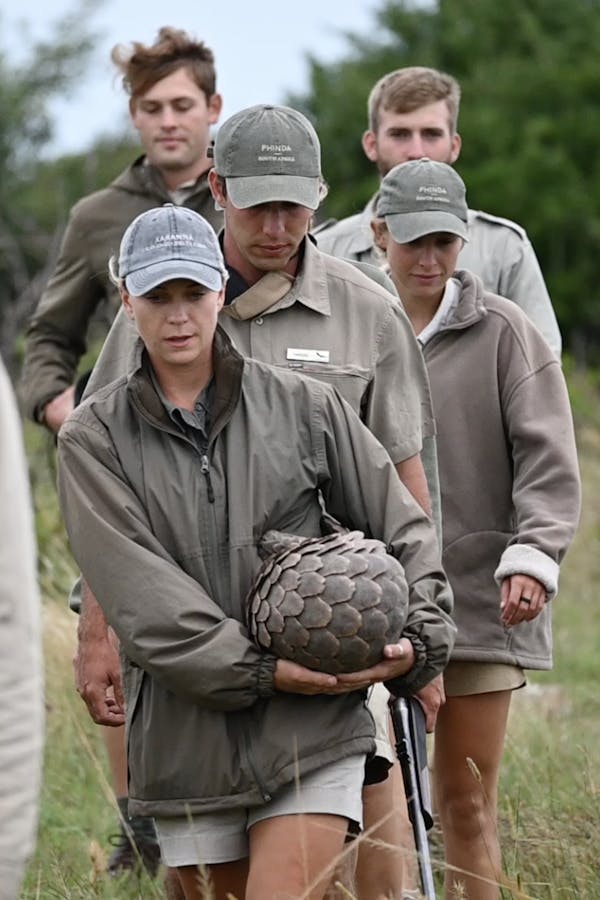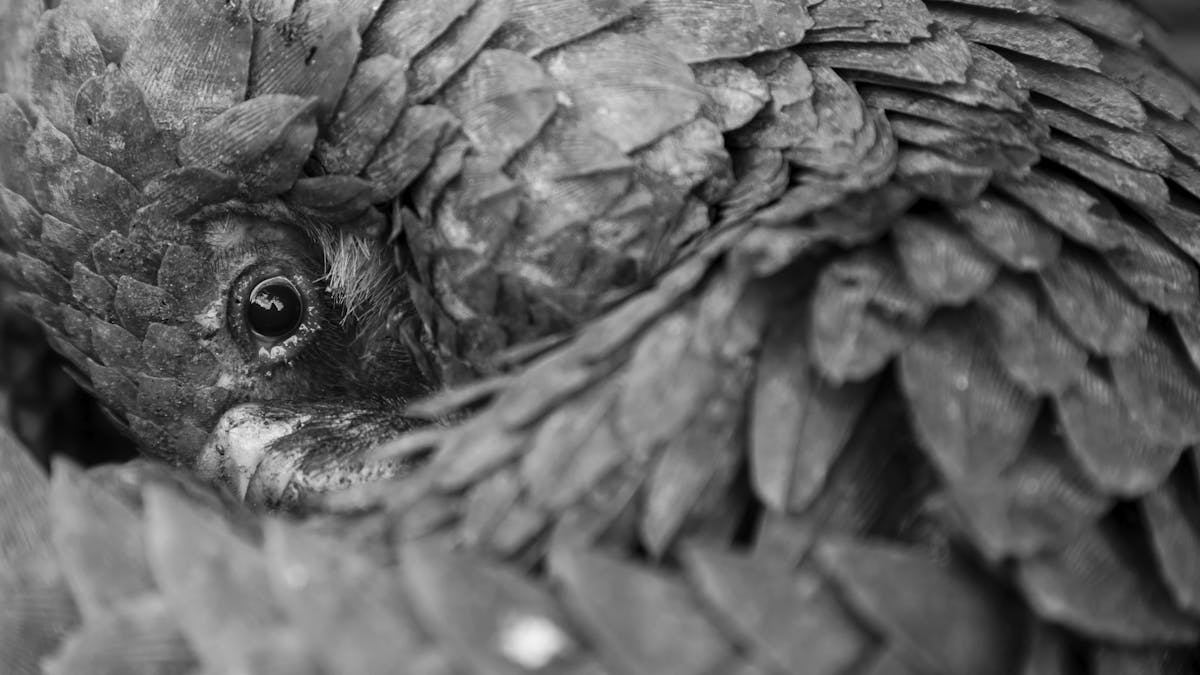So to recap...
Some African cultures eat pangolin regularly, and some only use the scales for traditional medicine. Although these are still conservation concerns, the amount that is eaten or used is much less than for the Asian markets. Asian cultures, just like some African cultures, generally eat pangolin meat as a delicacy and use the scales for a variety of traditional medicines similar to that for rhino horn. But when you consider that the African continent is currently estimated at 1.4 billion people and Asia at 4.7 billion, it is clear to see that the illegal wildlife trade from Africa to Asia will decimate wild populations if something is not done to curb the trade.
In 2019, the World Bank declared that 85% of Africans live on less than $5 a day. With current Asian pangolin populations falling to an all-time low, and thus driving the demand from Africa, there are now foreign traffickers in all four corners of the African pangolin range who pay locals to hunt and gather pangolins to supply the Asian markets. In the eyes of the law, this turns local African hunters into poachers, because the benefit of making some extra cash far outweighs the risk of being caught. But where there is smoke there is fire, and the wildlife trade has now attracted the attention of global organised crime syndicates who are finding new ways to ship illegal wildlife products overseas. This also occurs in European countries such as Belgium, where African nationals seek food items from their home countries. Authorities and governments have pooled their resources and knowledge together to try and combat the current crisis, but many battles remain to be won.
